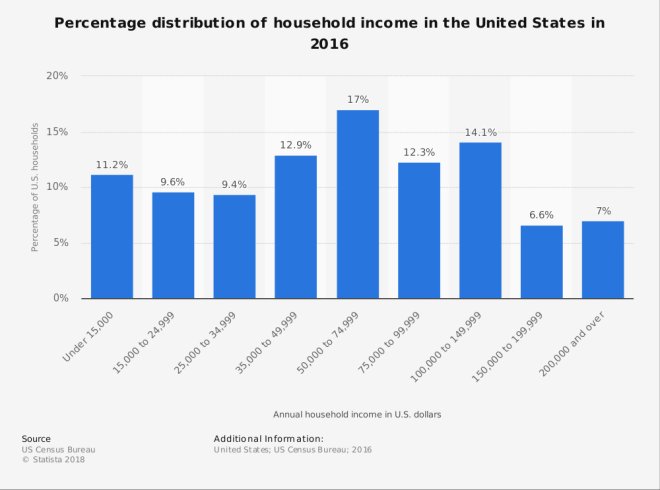Sandy & Shirley
Recycles dryer sheets
I think you are confusing the wage index (measured by the national average wage index) with price inflation (measured by the CPI), they are not the same thing. Social security uses changes in the wage index, not price inflation, to index earnings.
https://www.ssa.gov/oact/cola/awifactors.html
I think the correct inflation number is closer to the $63,525 number cited by bobandsherry.
Actually, I was using the Social Security "Index Factor", but by mistake I used last year's factor of 3.17. The factor this year is 3.19, so the break even for $25,000 is $79,750.
https://www.ssa.gov/pubs/EN-05-10070.pdf
This is the biggest problem when working with figures published by government agencies, each agency uses different calculations. In this case, both numbers come from the same agency, ssa.gov, so I correct my statement to say that each department within each agency used different calculations.
Last edited:

